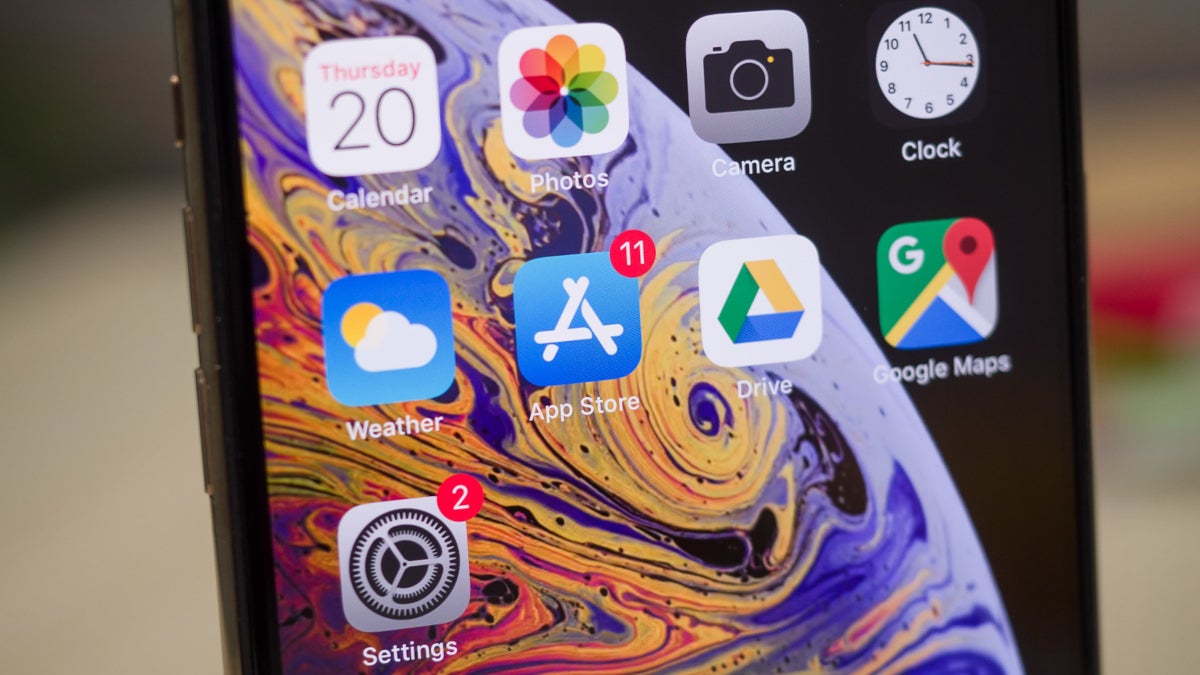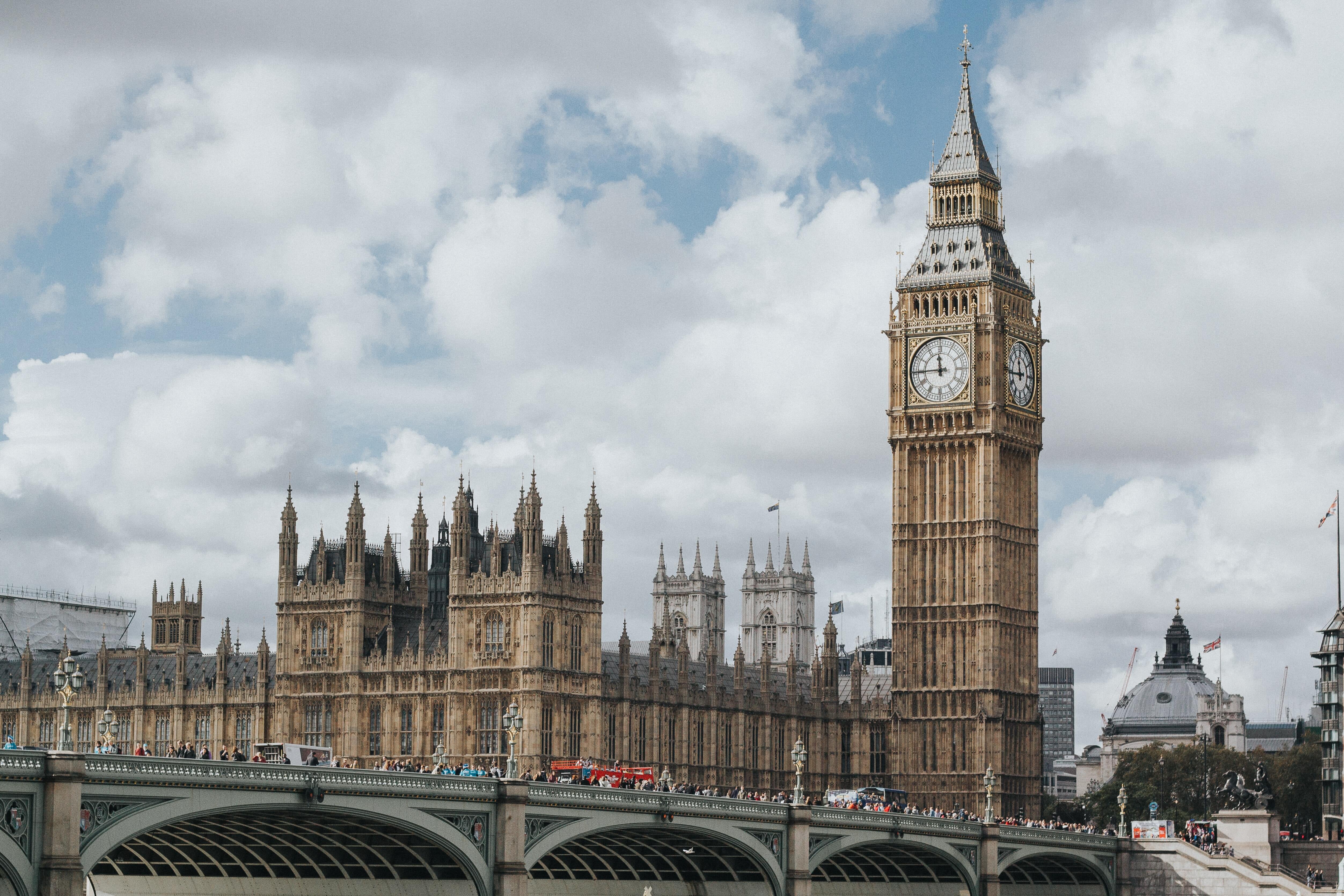We could see quite a battle among tech firms to be the top third-party iOS app storefront

If you missed the biggest news of the week, perhaps you've been too wrapped up watching that new hit nighttime television drama "Elon Musk, Twitter CEO." It's full of 180-degree plot changes, hilarious dialogue, and high finance all coming from the same character, Elon Musk. If you can drag yourself away from the real-life show about a company and executive spiraling out of control, you might want to focus on what is happening at Apple.
Get ready for the eventual surge in the number of third-party iOS app storefronts
A report last week said that thanks to the EU's Digital Markets Act (DMA), Apple is working on a way to allow iPhone users to install apps from app storefronts outside of the Apple-controlled App Store. This is a process called sideloading and while Google allows it on Android, Apple has never permitted it on iOS for security reasons. By tightly controlling the source of the apps installed by iPhone users, Apple believes that it can keep malware-laden apps from iPhone users.

The Digital Markets Act will impact iPhone models sold in Europe, which includes England
As noted by Reuters, the DMA will take effect over a two-year period and will lead to the creation of third-party iOS app stores. These stores will be jockeying for position. Amazon, whose Amazon appstore is one of the third-party app storefronts favored by Android users, will surely be interested in creating an alternative source of apps for iOS. Microsoft is another company possibly interested in offering iOS apps to sideloading iPhone users.
But the list of interested tech firms surely doesn't stop with those two big names. Ben Wood, CMO of tech research firm CCS Insight said that he expects to see "an avalanche of app stores" soon. "There's an emerging 'coalition of the willing', and all of them have a vested interest in no longer having to pay what they see as a tax to Apple." Wood adds that "The biggest hurdle they are going to need to overcome is the consumer." In other words, will iPhone users balk at installing third-party iOS apps?
Apple will probably be allowed to run ads pointing out the possible safety concerns inherent in sideloading iOS apps. Without Apple standing by to make sure that malicious apps aren't offered to iPhone users, the company could scare consumers into sticking to the App Store when downloading apps. As it is, Apple has already blamed sideloading on Android for the malware attacks that take place on the platform.
Why iOS app Developers are excited
Many app developers are excited because if Apple does allow sideloading for the iPhone, they will be able to offer their apps without having to pay Apple the 15% to 30% that the tech giant collects for app subscriptions and in-app payments. Keep in mind that if Apple does allow sideloading, it might do so in Europe first although U.S. lawmakers have also expressed an interest in having Apple allow sideloading on the iPhone.
Paulo Trezentos, CEO of Portugal's Aptoide, a third-party Android app store, said, "Competition is a good way to improve services." Aptoide takes a 15% to 25% cut of subscriptions and in-app payments which is slightly lower than the 15% to 30% range that Google charges for Play Store transactions. Trezentos envisions third-party app stores competing on content. Comparing it to the battle between streaming video sites the executive notes, "Netflix has content that HBO doesn't have ... App stores can be like that."
One of the first third-party iOS app stores could be Paddle, which is a payment processor for software companies. In anticipation of the DMA taking effect in Europe, the company has already built an alternative to the App Store. Paddle CEO Christian Owens says that the store will charge developers only 5% to 10% on transactions. "A 30% fee is actually fairly egregious when we look at it in comparison to how much it actually costs to process payments, and what Apple is actually offering," Owens said.
Sideloading is likely to debut on iOS 17 although, again, it might be limited to European iPhone units at first. The next major build of iOS most likely won't be released until next September.
Follow us on Google News













Things that are NOT allowed:
To help keep our community safe and free from spam, we apply temporary limits to newly created accounts: